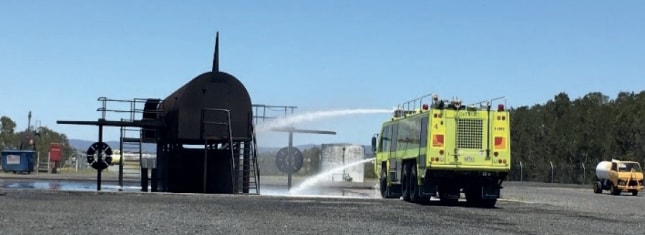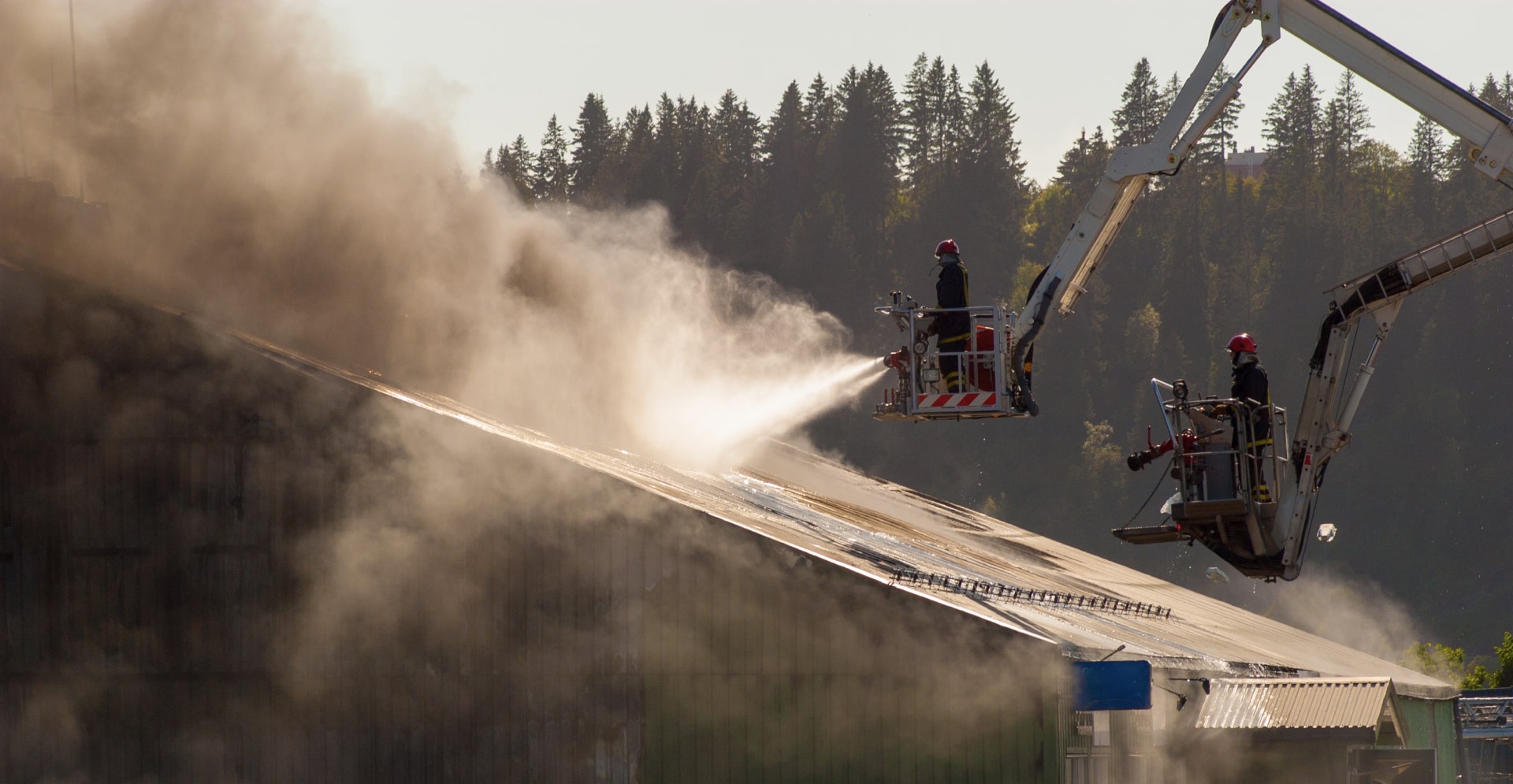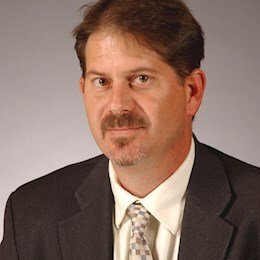Even though PFAS have been in use since the 1940s, it’s their unwelcome environmental and health effects, rather than their versatility in manufacturing, that is gaining negative attention today.
PFASs, short for poly- and perfluoroalkyl substances, are a large group of man-made chemicals that have been manufactured in large quantities and used for various applications for decades. PFASs repel oil and water, making them appealing for use in industrial applications and commercial and consumer products. If you have textile coatings, non-stick cookware, electronics and firefighting foams then you most likely have PFAS in your home. These substances are quickly receiving more regulatory attention across the globe, as they persist indefinitely in the environment, are highly mobile in groundwater, and are being discovered in drinking water supplies.
THE PFASs PROBLEM
The wide and varied use of PFASs means there are many potential sources for large-scale release to the environment. For example, firefighting foams containing PFASs have been regularly used in training exercises and fire incidents, most notably at airports, large petrochemical facilities, military bases and firefighter training areas.
Acceptable regulatory guidance concentrations for drinking water are very conservative (in the parts per trillion) and the threat of third-party litigation from communities affected by PFASs in their drinking water has created an increased need for environmental management services related to PFAS vulnerability, investigation and restoration.
Arcadis has facilitated the resolution of PFASs related problems for more than 14 years, with 75 projects/portfolios representing 300 individual sites in 12 countries. In addition, we designed and installed 12 large-scale water treatment systems for PFAS removal. Our strength is centered on our knowledge of complex PFASs chemistry, combined with significant expertise in environmental risk assessment and our long-standing involvement with research and development on remedial technologies. We are working together with organizations and communities to address the presence of PFASs and improve quality of life.
Download ‘The Rapid Emergence of PFASs to Prominent Contaminants of Concern’ paper to learn more about the PFASs issue and available remedial options.




